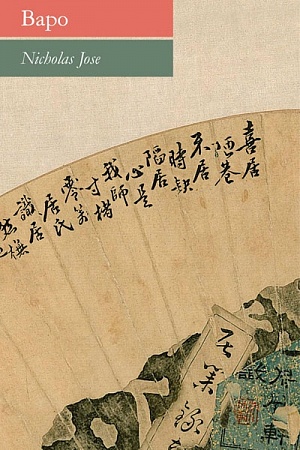Avenue of Eternal Peace
Penguin, 300 pp, $19.99 pb
Avenue of Eternal Peace by Nicholas Jose
This is, above all else, a timely novel. In an afterword describing the Beijing massacre, Nicholas Jose explains that he wrote Avenue of Eternal Peace in 1987. The novel ends with the growing push for democracy, with crowds milling in Tiananmen Square, and with a sense that change might be possible, if precarious. The afterword details the end of such hopes. Jose’s novel therefore has a strange air of elatedness surrounding it. On the one hand it offers a very rare example of contemporary Australian fiction confronting China. The fact that the map of history it stems from has changed so dramatically adds an extra fillip to the reader’s vicarious experience of the ‘new’ China, and especially of Australia’s increasingly blasé encounter with China – up until the recent repression. Perhaps it now stands as a testament to what might have been.
Continue reading for only $10 per month. Subscribe and gain full access to Australian Book Review. Already a subscriber? Sign in. If you need assistance, feel free to contact us.














Leave a comment
If you are an ABR subscriber, you will need to sign in to post a comment.
If you have forgotten your sign in details, or if you receive an error message when trying to submit your comment, please email your comment (and the name of the article to which it relates) to ABR Comments. We will review your comment and, subject to approval, we will post it under your name.
Please note that all comments must be approved by ABR and comply with our Terms & Conditions.